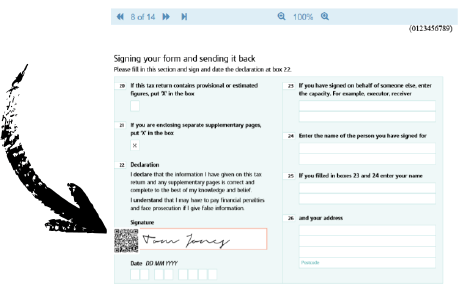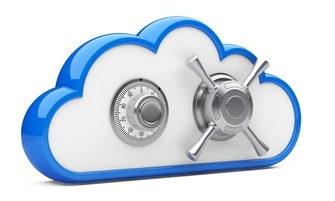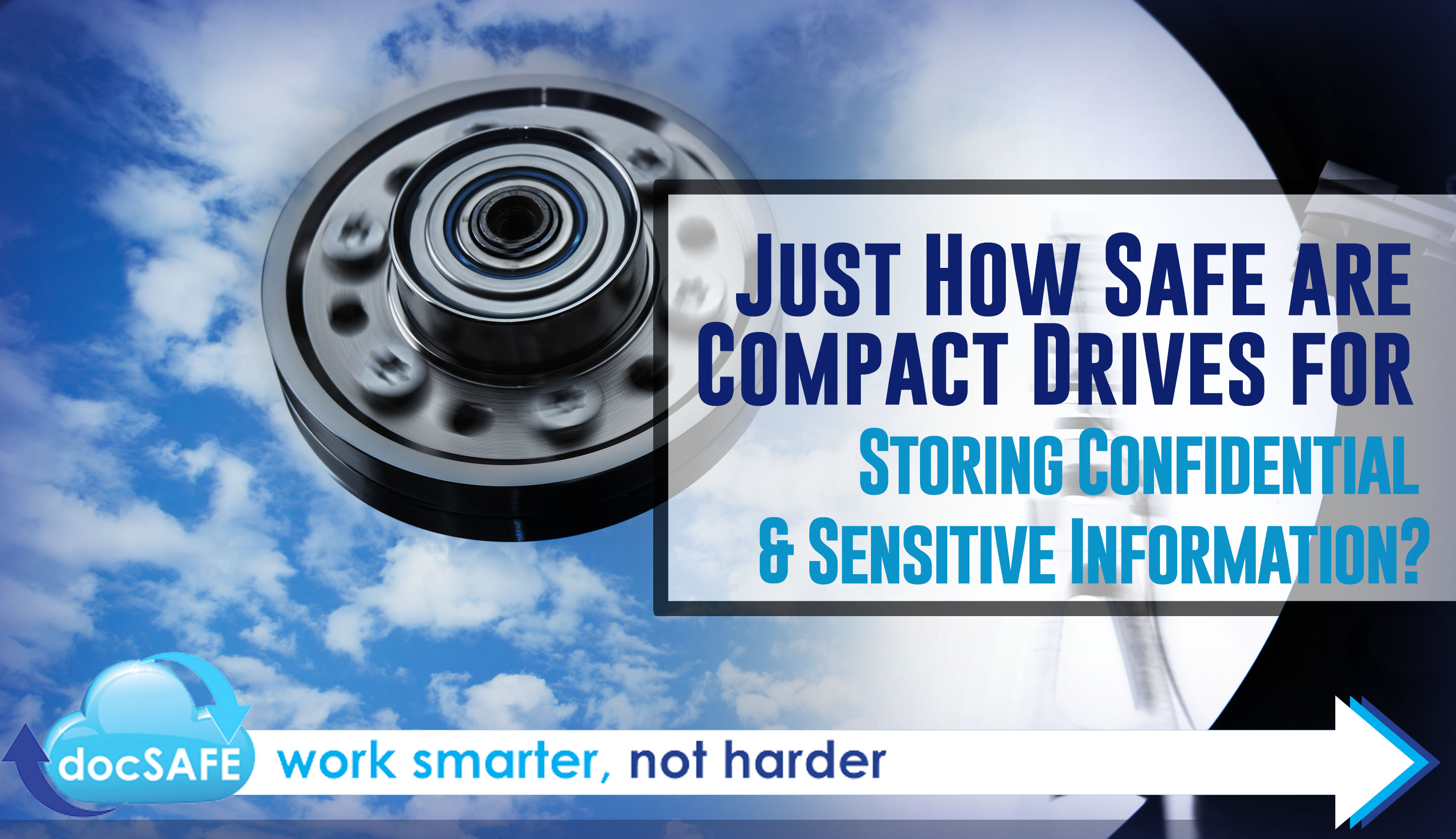 No of course not. Online security extends to your website, emails, social media and so much more. At Online Practice, when we are developing software and systems such as docSAFE (our established client portal), security is our number one priority, surpassing functionality and appearance every time. Why create something that is amazing if it’s not secure?
No of course not. Online security extends to your website, emails, social media and so much more. At Online Practice, when we are developing software and systems such as docSAFE (our established client portal), security is our number one priority, surpassing functionality and appearance every time. Why create something that is amazing if it’s not secure?
Our layers of security include the inclusion of QR codes, 2 factor authentication, encryption and, of course, the https certification that is currently being pushed hard by Google (see our other blogs for more about this). We believe that a secure site, layered with several other security measures is the most powerful deterrent against hackers. And we can’t stress enough that hackers don’t just target the big boys – they have strong motivation to hack into any site.
We offer unique QR codes alongside online signatures to strengthen security at every level. QR codes are not new but in the fight against online fraud and hackers, they are a being used increasingly as a way of increasing the ‘uniqueness’ of an online signature. We encode the security data within our QR codes, not the signature or date so it is tamper-proof.
Ask us for more information, we are happy to share our knowledge!
 We all know of instances where emails are sent to the wrong person. In most cases, this can be simply excused by human error and we move on. However, occasionally, and of course to journalists’ delight, it creates headline news as vast numbers of personal details are exposed or documents are leaked to huge detriment.
We all know of instances where emails are sent to the wrong person. In most cases, this can be simply excused by human error and we move on. However, occasionally, and of course to journalists’ delight, it creates headline news as vast numbers of personal details are exposed or documents are leaked to huge detriment. A recent report from the BBC suggests that smaller businesses are under increasing threat from cyber attacks. It states that the hackers are aiming at ‘low hanging fruit’ and aiming at the more easy pickings of smaller businesses.
A recent report from the BBC suggests that smaller businesses are under increasing threat from cyber attacks. It states that the hackers are aiming at ‘low hanging fruit’ and aiming at the more easy pickings of smaller businesses.